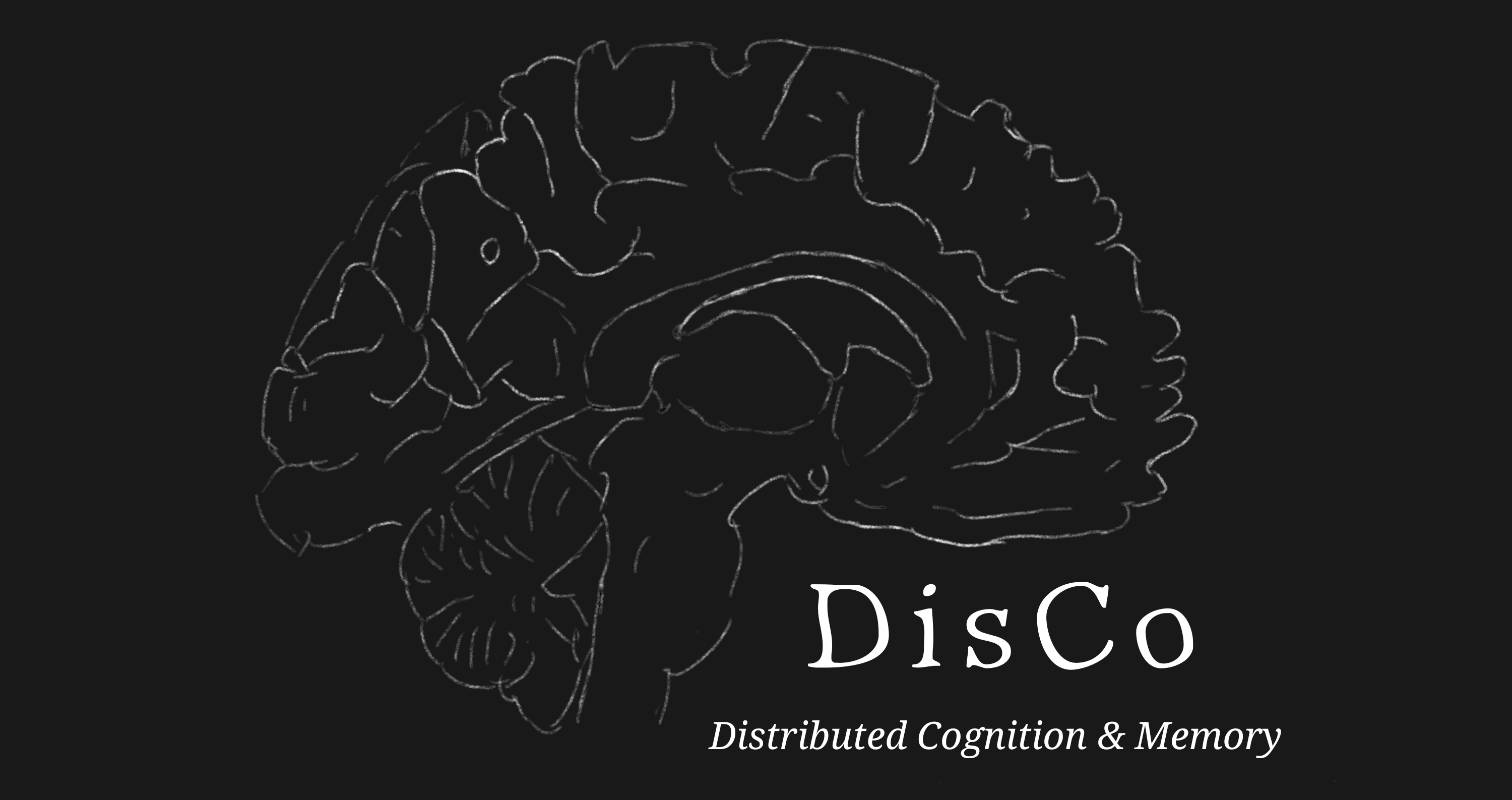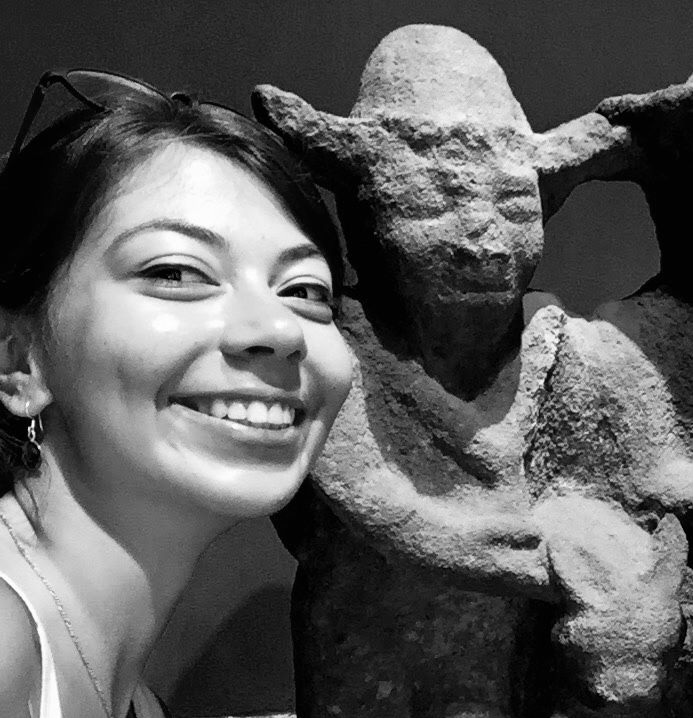
Thomas B. Christophel
Thomas (he/him) is a psychologist and cognitive neuroscientist. In the past, he predominently worked at the Bernstein Center for Computational Neuroscience and the Berlin Center for Advanced Neuroimaging. He received his PhD from HU Berlin, Psychology. Thomas leads the Distributed Cognition and Memory group. (for a full CV, press here)
“I am obsessed with the question how we retain immediatly relevant information in working memory and how it relates to human cognition. I care a lot about careful experimental design and levelheaded data analysis. Leading this group is a great joy. Another joy is the kid. Third joy is writing nordic chamber larps, some of which you can find here”

Vivien Chopurian
Vivien (she/her) is a PhD student investigating the dynamic reallocation of short-term memory storage. Before joining the group, she studied psychology and gained experience in social psychology as well as clinical and cognitive neuroscience research in Cambridge and Berlin. If you can’t find her in the lab, she’s probably roaming galleries, surfing in sunnier places, or overcoming her fear of heights by climbing.
Joana Seabra
Joana (she/her) is a PhD student investigating categorization in working memory. She has a background in fine arts (University of Porto) and in neuroscience (Charité Universitätsmedizin Berlin) and happily combines the two whenever possible. She is easily recognizable in the wild by the traces of oil paint on her face and hands, the humming of a brazilian song from the 80’s or a book of political theory she doesn’t fully understand under her arm.

Renata Cruz
Renata (she/her) is a PhD student investigating executive control of working memory. Her background combines neuroscience and data science (University of Lisbon), and before joining the lab she was part of the Preclinical Lab (Champalimaud Foundation) working with rodent models of Alzheimer’s Disease. It’s quite possible you turn a corner and find her reading fantasy books, watching weird movies, or catch her singing thinking no one can hear.

Zhiqi Kang
Zhiqi (he/him) is a master student in Cognitive Sciences at Berlin School of Mind and Brain, Humboldt Universität zu Berlin. Previously he studied cognitive psychology at Jacobs University Bremen and worked at the Center for Adaptive Rationality, Max Planck Institute for Human Development. He is now doing his master thesis at DISCO lab on mixed-modality benefits in working memory. Most of his free time is spent on the “souls” video games, cooking and getting lost in Berlin.
Damla Cifci
Damla (she/her) is a master of science student in the Mind and Brain program at Humboldt Universität zu Berlin. She received her BSc degree in psychology combined with a minor in biology at Middle East Technical University, Turkey. If she is not working on her internship project at DisCo lab, she is probably signing up for a new dance course to get new injuries or taking analog photos in ridiculous positions.

Rita Bertani
Rita (she/her) is a MSc student at the Berlin School of Mind and Brain. She joined DisCo to investigate how our representations of object-color affect visual working memory. Before moving to Berlin, she lived in London, where she completed a BSc in Neuroscience, and in Italy. When she is not in the lab or travelling, she loves to cycle around the city, swim in lakes, and organize small events with her flatmates.

Laura van Zantwijk
Laura (she/her) is a MSc student in Neuroscience and Cognition at Utrecht University, The Netherlands. She joined DisCo to re-analyse a dataset on non-frontal control of working memory. Previously, she worked on eye-tracking, pupillometry and EEG projects, and thought fMRI will be a cool new thing to nerd about. If she’s not in the lab, she is probably taking afro dance classes, watching German trash TV, biking around Berlin, or petting her cat.

Meghdoot Hossain
Meghdoot (he/him) is a student from the Interdisciplinary Master in Life Sciences at École Normale Supérieure, Paris. He joined DisCo for an internship to work mostly on the modeling and data analysis part of a new task about sequential working memory representations. When moving to Berlin, he had to leave his beloved ant colonies… He can now spend 100% of his free time with his main love : music.

Emma Eden
Emma is a master’s student in Neurocognitive Psychology at Oldenburg University. She received her bachelor’s degree in Psychology & Criminology from YVC, Israel. Currently, she is a research assistant at the DisCo lab and is working on her thesis. When not in the lab, she is probably dancing, cooking, or out in the city with friends.










